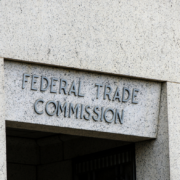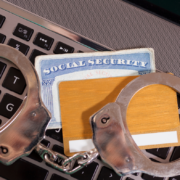NCL applauds bipartisan interest in reining in ticketing monopoly
January 24, 2023
Media contact: National Consumers League – Katie Brown, katie@nclnet.org, 202-823-8442
WASHINGTON DC. – The National Consumers League (NCL) today applauded the Senate Judiciary Committee for holding a landmark hearing examining how Ticketmaster-Live Nation’s monopoly harms fans and competition in the live event industry.
“Just as we warned in 2009 when the Ticketmaster-Live Nation merger was proposed, the company has become a behemoth that controls many aspects of the live event industry and wields its market power ruthlessly,” said NCL Executive Director Sally Greenberg. “Ticketmaster sells tickets for 80 out of the top 100 arenas. Their presence in nearly every aspect of the industry—from event promotion to venue operations—makes it almost impossible for small, independent competitors to succeed. This is a monopoly.”
Consumers often have no choice but to deal with Ticketmaster when seeing their favorite artist or sports team. This makes some of the corporation’s business practices inescapable, such as adding 78% to the ticket price in hidden fees.
“Today’s hearing showed that there is a strong support for free markets—regardless of party,” said NCL Vice President of Public Policy, Telecommunications, and Fraud John Breyault. “Senators from both sides of the aisle centered the experiences of fans, artists, independent promoters and venue owners, recognizing the harms caused by Live Nation’s market consolidation. Witnesses repeatedly described a pervasive fear of retaliation if they and other live event industry stakeholders speak up about Live Nation’s monopolistic practices. It is our hope that their testimony gives more actors in the live event industry confidence that Ticketmaster-Live Nation is not above the law.”
Since 2009, NCL has opposed the Ticketmaster-Live Nation merger. Most recently, NCL has been working as part of the Break Up Ticketmaster coalition to urge the Department of Justice to enforce existing federal antitrust laws and take action against Ticketmaster to increase competition in the marketplace.
###
About the National Consumers League (NCL)
The National Consumers League, founded in 1899, is America’s pioneer consumer organization. Our mission is to protect and promote social and economic justice for consumers and workers in the United States and abroad. For more information, visit https://nclnet.org.





















